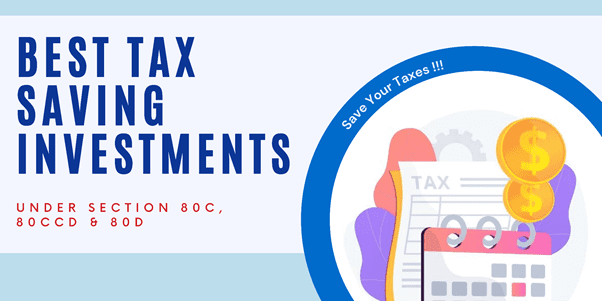
In Australia, the tax you pay on cryptocurrencies depends on how you acquire, use, and dispose of them. If you hold cryptocurrencies as an investment, you may be subject to capital gains tax (CGT) when you dispose of them. The CGT applies to any profit you make from selling cryptocurrencies, and it’s calculated based on the difference between the cost of acquiring the cryptocurrency and the sale proceeds.
The CGT rate is the same as your income tax rate and varies depending on your income level and residency status. If you hold the cryptocurrency for over 12 months, you may be eligible for a 50% CGT discount.
If you use cryptocurrencies to buy goods and services for personal use or consumption, they are treated as a barter transaction, and you may need to pay goods and services tax (GST) on the purchase price of the cryptocurrency.
Suppose you receive cryptocurrency as income, for example, as a salary or as a result of mining or staking activities. In that case, it is treated as ordinary income, and you will be subject to income tax on the cryptocurrency’s fair market value when you receive it.
It’s worth noting that cryptocurrency tax laws are complex, and the Australian Taxation Office (ATO) provides detailed guidance on reporting cryptocurrency transactions for tax purposes. It’s essential to seek the services of crypto tax accountants to ensure you are meeting your tax obligations.
Is Cryptocurrency Legal in Australia?
Yes, cryptocurrency is legal in Australia. The Australian government recognizes cryptocurrency as a form of property and a legitimate financial asset. In 2017, the Australian government passed legislation to regulate digital currencies and to ensure that they are subject to the same anti-money laundering (AML) and counter-terrorism financing (CTF) regulations as traditional financial institutions.
Cryptocurrency exchanges operating in Australia must register with the Australian Transaction Reports and Analysis Centre (AUSTRAC) and comply with AML/CTF laws. The Australian Securities and Investments Commission (ASIC) also regulates the conduct of cryptocurrency-related businesses in Australia to ensure that they operate fairly, transparently, and efficiently.
However, it’s worth noting that cryptocurrency regulation is still evolving, and the Australian government continues to monitor the risks associated with cryptocurrencies, such as their potential use for illicit activities. The Australian Taxation Office (ATO) also closely monitors cryptocurrency transactions to ensure taxpayers meet their tax obligations.
How Does the ATO track Crypto transactions?
The ATO has access to various data sources, including data from cryptocurrency exchanges, financial institutions, and other third-party data providers.
Cryptocurrency exchanges operating in Australia are required to report certain transactions to the ATO, including buyer and seller details, the transaction’s value, and the transaction’s date and time. The ATO also has the power to issue notices to cryptocurrency exchanges and other third parties to obtain information about a taxpayer’s cryptocurrency transactions.
Furthermore, the ATO has sophisticated data matching and analysis tools to identify discrepancies between a taxpayer’s reported income and cryptocurrency transactions. If the ATO suspects that a taxpayer has not reported their cryptocurrency transactions correctly, they may conduct an audit or investigation, which could result in penalties and interest charges.
For the purist, such record keeping and maintenance of records is an anti-thesis in cryptocurrencies since the very tenets are based on decentralized ledger technology, and most of the processes involved in generating such a cryptocurrency is always concerning proof of work and in the newer age cryptos proof of space and evidence of time. If you sold for a loss, you must file in most jurisdictions, including the US, Australia, and UK. There are benefits to filing losses.
Cryptocurrency Not a Currency But a Property – Australia
Australia’s consent sees Bitcoin and cryptocurrency as property and not currency. They assume it is a property for taxpayers for which they’re liable to pay capital gain tax on digital assets sold for a profit after July 2017. The tax on cryptocurrency in Australia counts for 12 months; as such, if anyone is holding the cryptocurrency without using it or selling it, they will be responsible for paying a 50 percent capital gains tax discount. This is how they make holders of crypto investors.
Accordingly, taxpayers must keep regular records of their transactions with the dates and the number of transactions in Australian dollars, citing the purpose of the marketing and the party involved in completing the trade. Moreover, ATO urges to the addition of the other party’s wallet addresses for better clarity regarding the records.
With this, it also intimidates crypto enthusiasts that they can also access such records by connecting through the exchanges or wallets that complete the transactions.




Be the first to comment